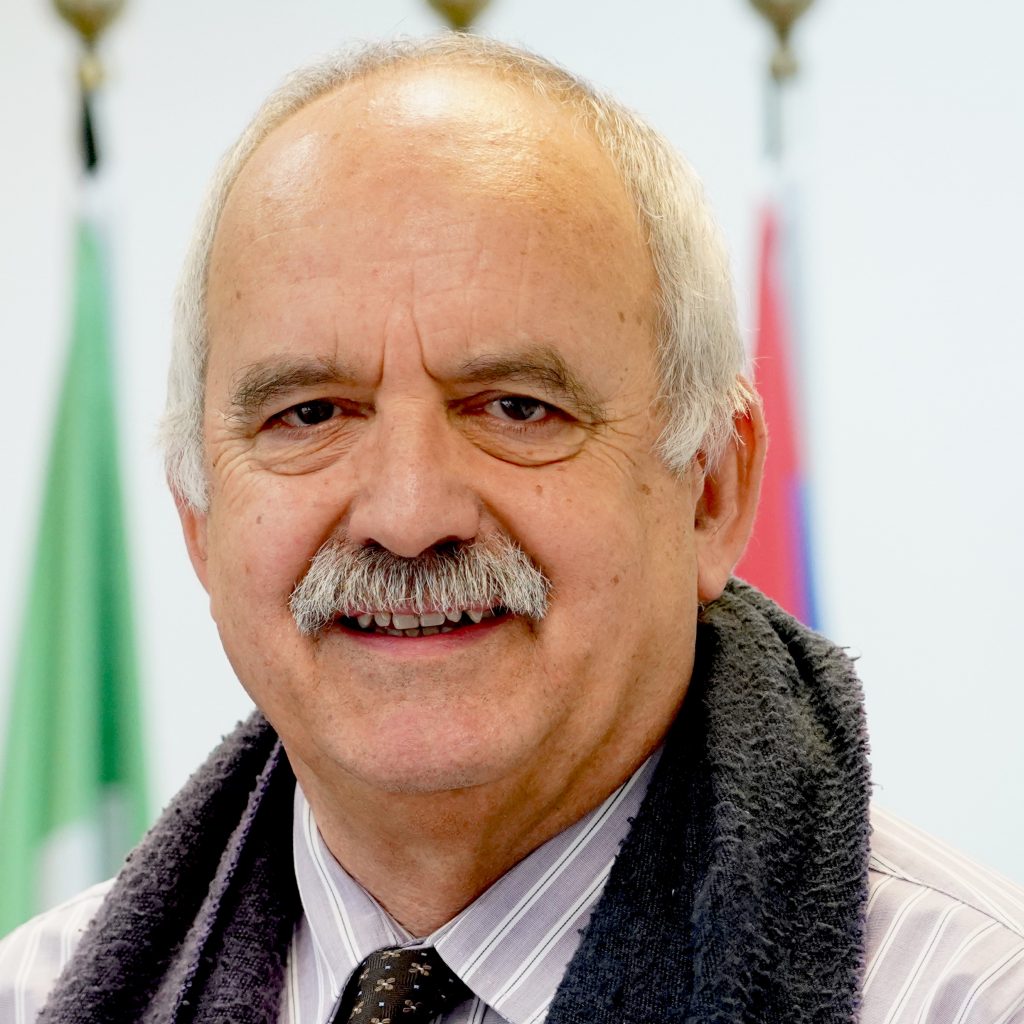
In the first of 2 blogs, Islamic Relief’s Senior Policy Advisor for Poverty Reduction, Jamie Williams, talks about the effects climate change could have on our world over the next 5 years.
Last year was the warmest on record, overtaking by a large margin 2016, the previous warmest year.
July was the hottest month ever recorded.
If this trend of heating continues by August we will be uncharted territory. Even the most extreme case models will be surpassed.
With this level of heating, climate breakdown is upon us.
And people do not need to be told. They are in the middle of it
Many parts of Bangladesh, India, Thailand, Laos and the Philippines are suffering record-high temperatures closing schools, putting pregnant women and vulnerable people at risk. Lethal heatwaves are striking the Sahel in Africa. Deaths in Mali reportedly led to full morgues turning away bodies last month.
Heavy rainfall in East Africa causing floods and landslides across Kenya have killed 181 people. Houses, livestock and agricultural land have been destroyed by floods in Afghanistan. An unprecedented and devastating series of heavy rains and lightning strikes has led substantial loss of life and widespread damage throughout Pakistan.
And all these reports were just from April 2024.
Climate change causes food, water and productive land shortages. It increases poverty. It triggers forced displacements, heightening the risk of violent conflict, extreme droughts and floods, the collapse of ice sheets leading to sea-level rises which threaten coastal cities. Climate change is responsible for a steady rise in the death toll, especially among the world’s poorest.
In the next 5 years, there will be more frequent and severe extreme weather events like hurricanes, heatwaves, droughts, and floods, which will endanger lives, homes, and vital services. The changes in temperature and rainfall patterns will limit how much food we can grow, making hunger and malnutrition worse, especially in places where people are already struggling. Less rain and melting glaciers will disrupt drinking water supplies and farming, making life harder for everyone and possibly causing conflict over water. Animals and plants will suffer too, with some dying out and others struggling to continue their roles of cleaning the air and keeping the climate stable. And because of all these changes, more people will likely get sick from heat, dirty air, bugs carrying diseases, or face mental health challenges because they’ve lost their homes or jobs.
Islamic Relief needs to prepare for emergencies and humanitarian crises to increase as the world heats. Help us carry out this vital work of adapting to the future by donating today.
BROWSE OTHER OPINIONS
FEATURED OPINIONS
- “My neighbours are dead, and we’re too afraid to cook – are families in Gaza being left to die?”
- ‘I lost all my belongings, my land, my home’: Climate-induced migration in Pakistan
- Bees, trees and solar energy help east African communities put amana into practice this Ramadan
- Why local partners are crucial to the fight against child labour in Nepal
- Over 8 years of training local humanitarians in 26 countries to help vulnerable people
MOST POPULAR TOPIC
View More









